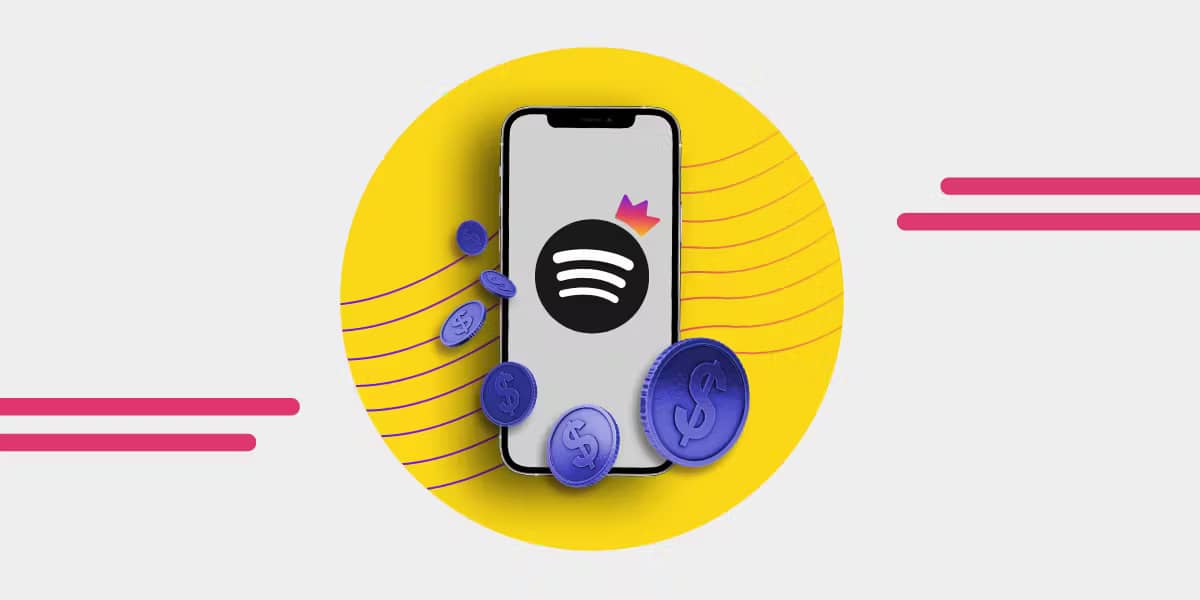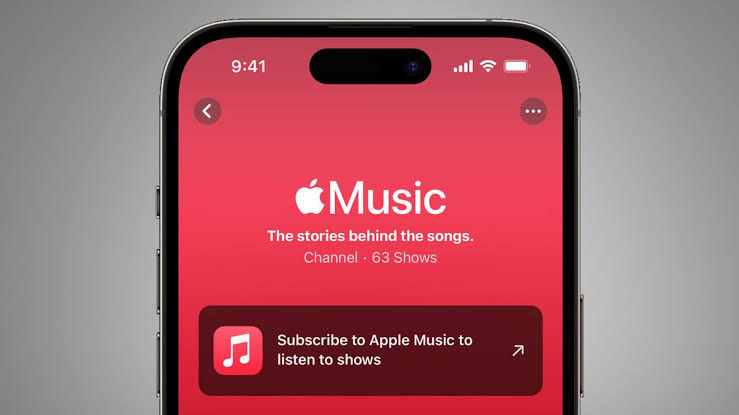A new report has revealed that Spotify may be using low-cost, pseudonymous tracks in its playlists to reduce royalty payments to real musicians.
According to an investigation by Liz Pelly, published in Harper’s Magazine, Spotify’s Perfect Fit Content (PFC) program has been secretly embedding these tracks into popular playlists.
The PFC program, which began in the 2010s, reportedly uses “ghost artists” who work under fake names. These artists are paid small upfront fees, while Spotify keeps all the rights to the music.
This allows the company to make more profit by promoting these low-cost tracks, instead of supporting artists who are trying to earn a fair wage.
The program has been added to hundreds of playlists, according to Pelly’s report. These playlists, once seen as a way for new artists to get discovered, are now being used as tools for cost-cutting. This has led to a growing concern that Spotify is prioritizing profits over the interests of musicians.
The PFC program has drawn comparisons to Spotify’s Discovery Mode, where artists agree to lower royalty payments in exchange for increased promotion.
Both initiatives are seen as ways for Spotify to manipulate its platform for financial gain, at the expense of the artists who depend on it.
Pelly explained that Spotify had marketed itself as the best platform for discovering new music, but these programs undermine that promise.
Instead of discovering unique, original music, listeners are finding tracks created for the sole purpose of cutting costs.
As Spotify continues to grow, these revelations raise important questions about the company’s commitment to supporting artists and whether it is truly a platform that values creativity and fair compensation.












Leave a comment